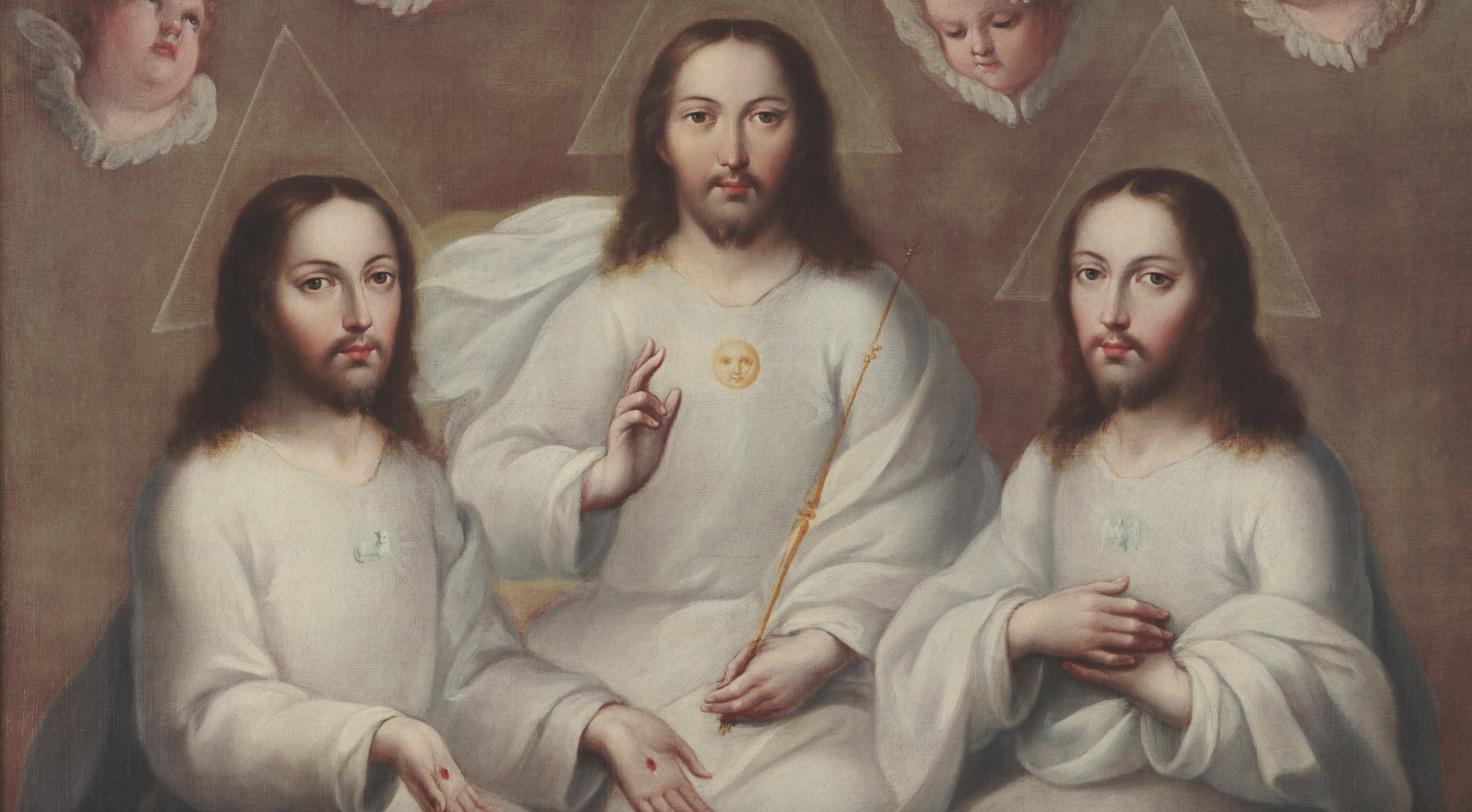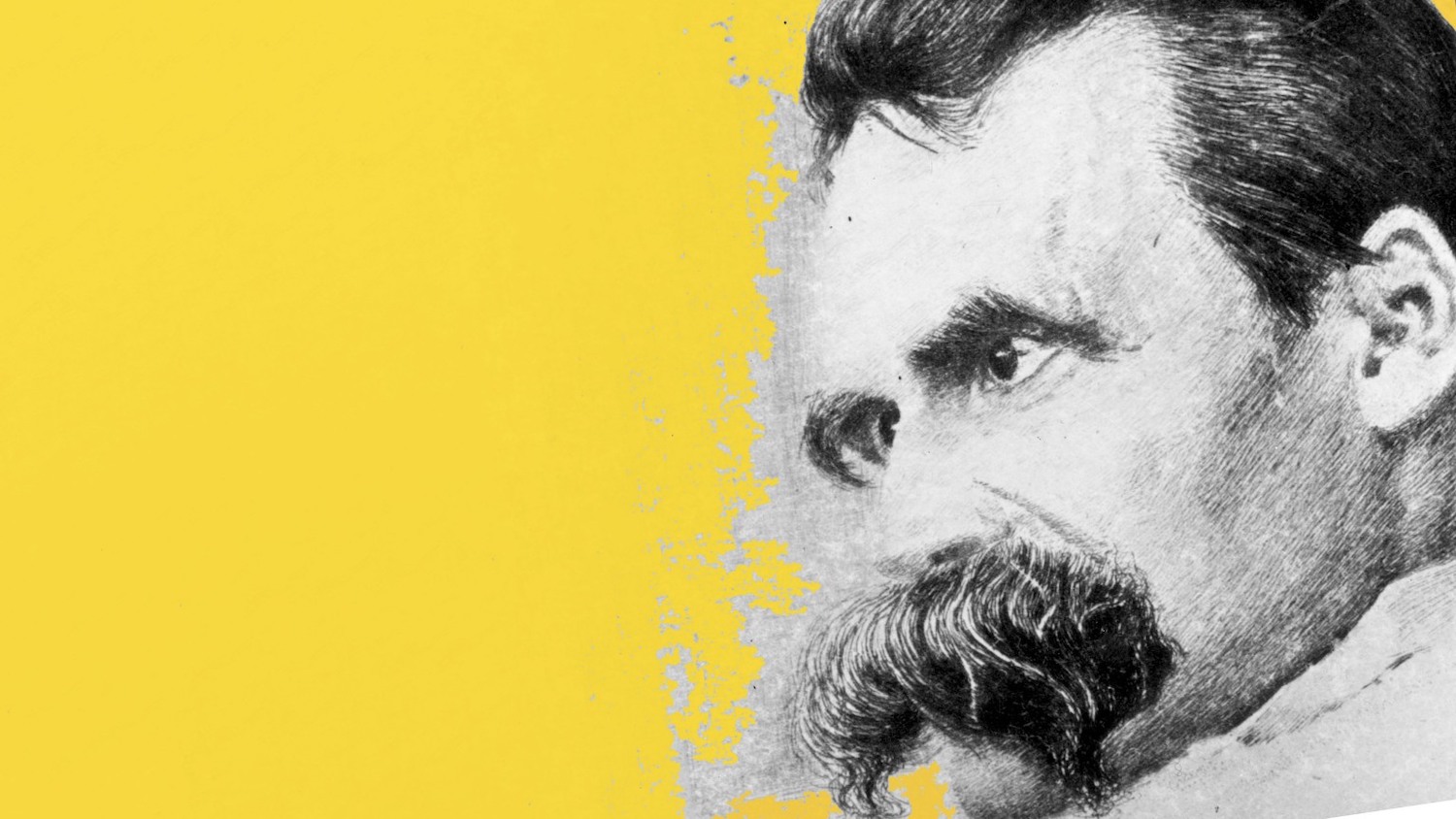If religion makes you happier, why not give it a go?

- The philosopher Blaise Pascal once argued that there are great benefits religion. Even discounting the afterlife, he argued there were real-life advantages to be had in religion.
- Modern research supports this claim. Religious people score better across a variety of factors for psychological well-being, including happiness.
- Sigmund Freud argued that religion ought to be discarded as an unhealthy, psychological crutch. But in what other walk of life do we seek to kick away people’s support mechanisms?
If there were something wrong in your life, some disease or problem, you’d want to fix it, right? If there were some solution that was statistically likely to make you happier than others — something that could balm your grief, resolve your angst, or give you light in your darkness moments — why would you not take it?
Religion and faith offer all of these practical benefits. So, in our age of self-improvement and wellness, why don’t we just turn to God(s)? This proposition has not only been considered by philosophers like Blaise Pascal, but it also finds surprising support in recent research. As a new paper in the Journal of Religion and Health argues, feeling you’re accountable to God has very real and measurable benefits to give us.
A fresh look at Pascal’s Wager
Pascal’s Wager is the idea that if believing in God gives us a chance at some beneficial outcome, like eternal life in heaven, we ought to do it. Most people will be familiar with the version of Pascal’s argument that concerns the likelihood or reward of an afterlife. In short, it states that if the choice is between being religious or not, the former is a much more sensible option, because the rewards are literally infinite.
The argument has a host of shortcomings — theological, mathematical, and moral. But, an arguably more interesting aspect to Pascal’s Wager falls near the end of the relevant section. Here, Pascal argues the point that, if you believe in God, “you will thereby profit in this life.” Not only do you stand to gain eternal life, but also the real-life, everyday benefits to religion. Pascal argues that if you believe, “you will be faithful, honest, humble, grateful, generous, a sincere friend, truthful.” For Pascal, being religious makes you a better person.
This is, of course, a highly dubious claim. It only takes a cursory look at history to see the great hive of scum and villainy hiding behind cassocks or holy books. The religious are often just as venal, corrupt, sadistic, cruel, murderous, and bigoted as any human can be. There are as many inquisitors and crusaders as there are almsgivers and saints.
Faith makes you happy
But could there be another point here — one concerned with the psychological benefits to religion, perhaps? In 2019, the Pew Research Center released findings showing that, across a variety of countries, people are more likely to call themselves happy if they are religious. As the study shows, “In the U.S., for instance, 36% of the actively religious describe themselves as “very happy,” compared with 25% of the inactively religious and 25% of the unaffiliated.”
In a recent paper published in the Journal of Religion and Health, it seems there are more benefits to be had still. Bradshaw et al. wanted to see how “feelings of accountability to God might play a role [in psychological well-being].” Accountability in this case means that “believers are answerable to God and make decisions about living their lives with reliance on God.”
The paper goes on to show that those who feel accountable to God also feel an increase across three out of four factors that contribute to psychological well-being: “mattering to others, dignity, and meaning.” Happiness, which is the fourth factor, is also increased, but cannot be so easily singled out as an independent factor. Believers are happier, not predominately because of accountability to God, but also because of other religious factors, like prayer and church attendance.
A successful coping mechanism
The neurologist Sigmund Freud really didn’t like religion. He accused it of being an unhealthy psychological crutch, in that it provided false hope in a hopeless world. It created an illusory father figure to give comfort in a cold, cruel universe. It was wish fulfillment that prevented a proper and mature acceptance of reality.
But even if we accept this, what harm is there in taking support when we need it? In what other walk of life do we kick away people’s support mechanisms, ridicule their coping strategies, or belittle whatever little they have to help them through things? If religion can help in any way, that ought to be celebrated — promoted, even. In Pascal’s words, why not look at religious people as those, “who have been cured of a sickness of which you desire to be cured”?
The existential anguish of the philosopher and writer Albert Camus only has a sting when we continue to look vainly for meaning in a meaningless world. Religious belief gives meaning again. The amoral vertigo found in Friedrich Nietzsche’s godless world finds its feet when God is no longer dead. The dark, shadowlands of grief are given warmth when we imagine reuniting with our lost love ones.
Religion has been proven to make us happier and give us support. Why, then, would you not take steps to join in?
Jonny Thomson runs a popular Instagram account called Mini Philosophy (@philosophyminis). His first book is Mini Philosophy: A Small Book of Big Ideas.





